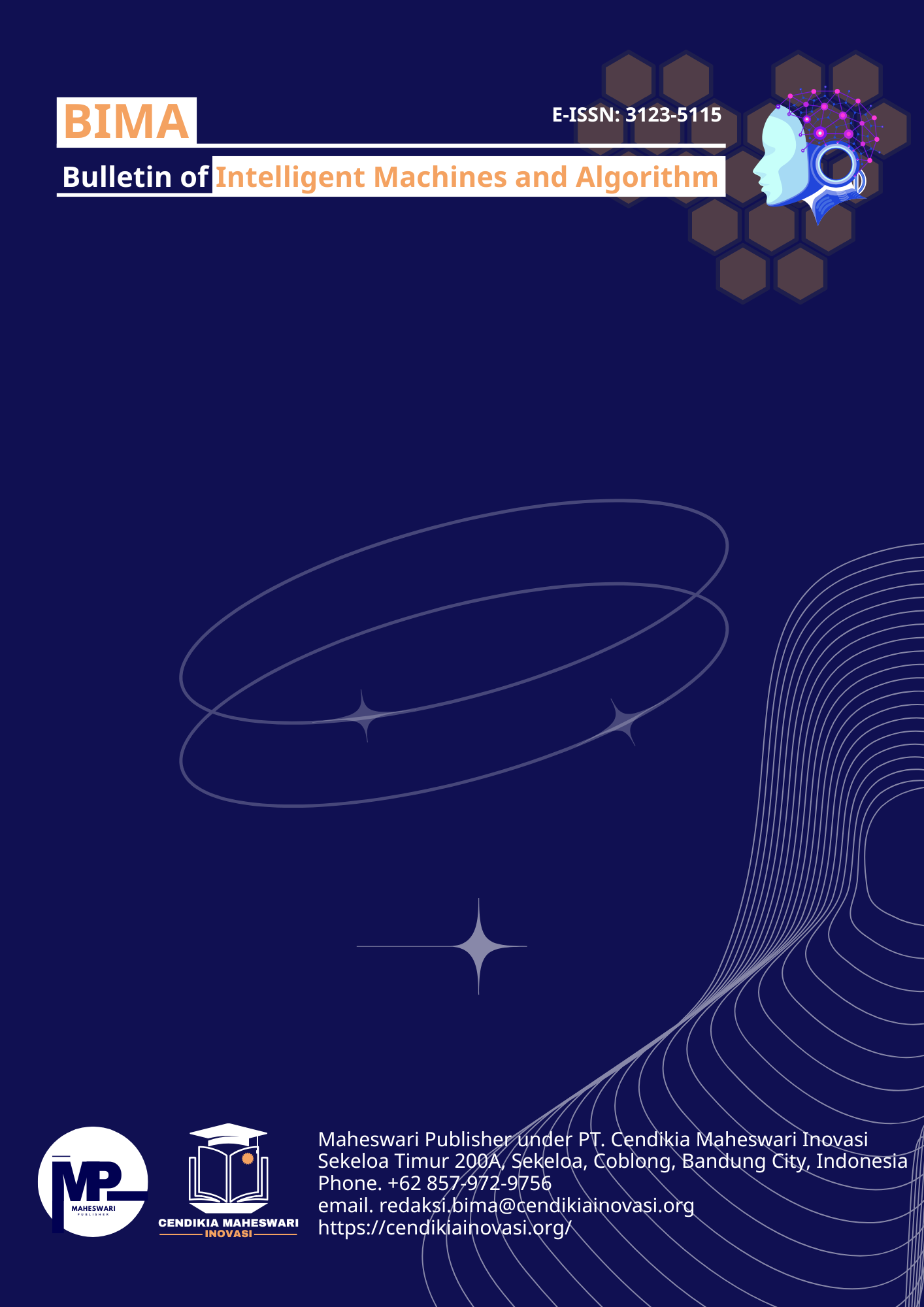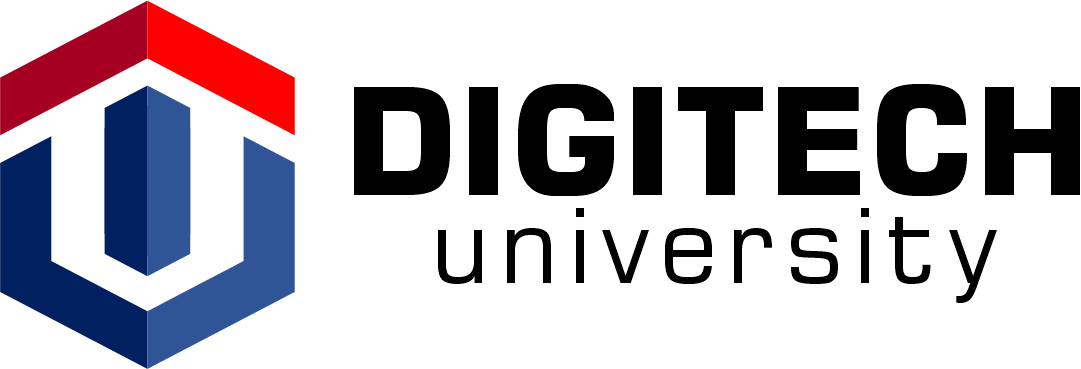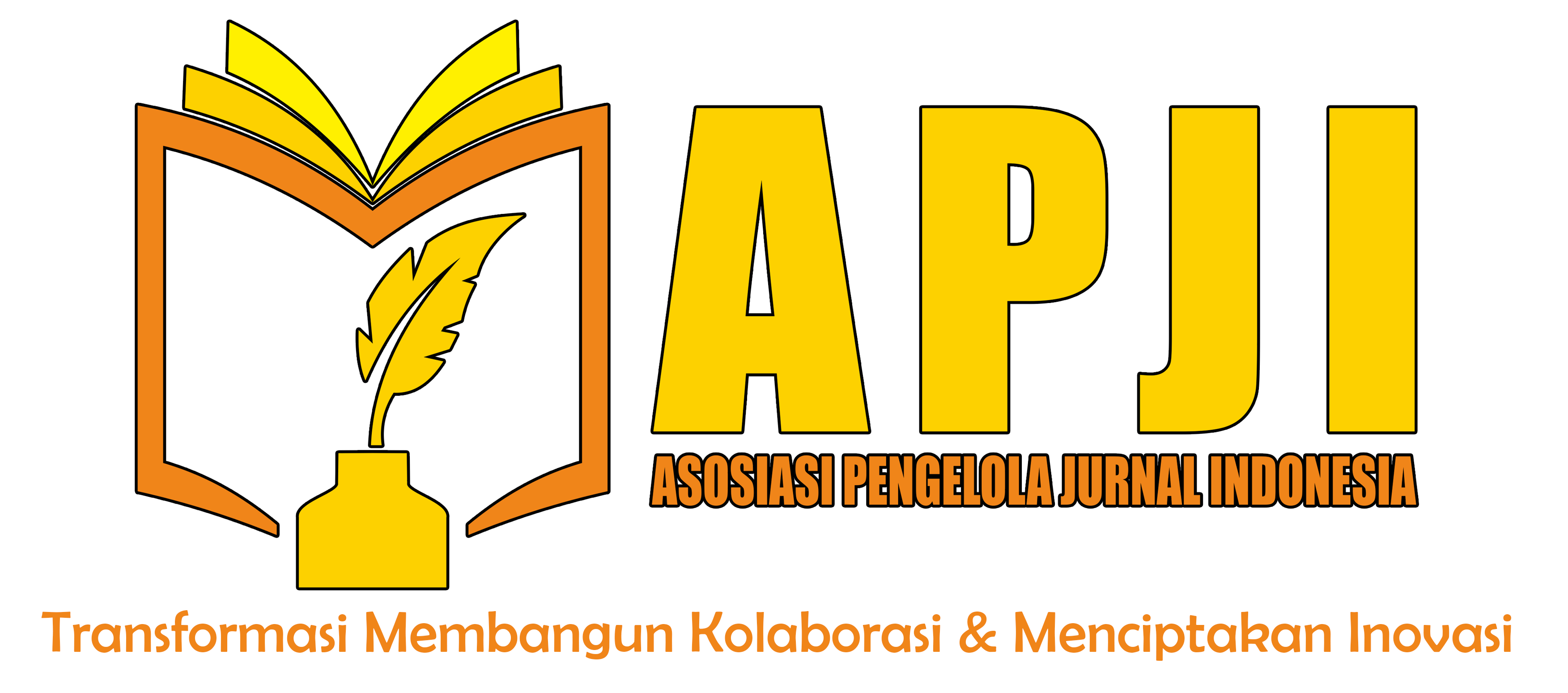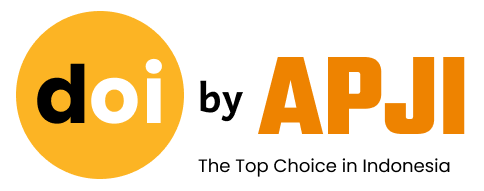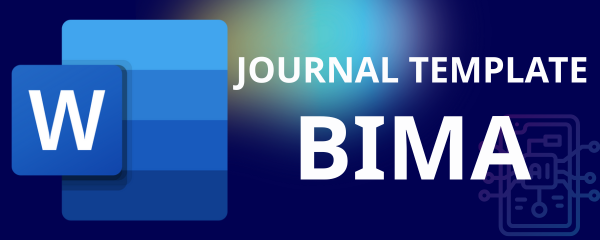About the Journal
BIMA (Bulletin of Intelligent Machines and Algorithms)
BIMA is an international peer-reviewed journal dedicated to promoting research in artificial intelligence, machine learning, and algorithms. The journal provides a platform for publishing the latest research findings and innovative applications in these rapidly evolving fields. BIMA contributes to academic and professional development by publishing high-quality articles with in-depth insights into theoretical, practical, and computational aspects of intelligent systems and algorithms.
Focus and Scope
BIMA publishes original research articles, reviews, and technical papers on various topics including:
- Artificial Intelligence: Knowledge representation, reasoning, learning, and perception in intelligent systems.
- Machine Learning: Supervised, unsupervised, semi-supervised, and reinforcement learning algorithms.
- Deep Learning: CNNs, RNNs, Transformers, and applications in image, video, text, and signal processing.
- Computer Vision: Object detection, image segmentation, motion analysis, and scene understanding.
- Data Mining: Extracting patterns and knowledge from large datasets.
- Optimisation Algorithms: Theory and applications of optimization techniques.
- Computational Intelligence: Evolutionary algorithms, fuzzy logic, and swarm intelligence.
- Natural Language Processing: Advances in language understanding, translation, and text analysis.
- Robotics and Autonomous Systems: Intelligent robots, human-robot interaction, and autonomous vehicles.
- Applications: AI applications in healthcare, finance, industry, education, and more.
Publication Frequency
BIMA is published bimonthly, in January, March, May, July, September, and November. Each issue contains peer-reviewed articles reflecting the latest developments in intelligent machines and algorithms.
Editorial Mission
BIMA provides a forum for academic exchange and promotes deeper understanding of principles and practices in intelligent systems and algorithms. Emphasizing interdisciplinary research, the journal bridges theoretical knowledge with real-world applications.
Peer Review & Open Access
BIMA follows a rigorous double-blind peer review process. All articles are open access, freely available worldwide, supporting global knowledge dissemination.
Journal Sponsors and Partners:

